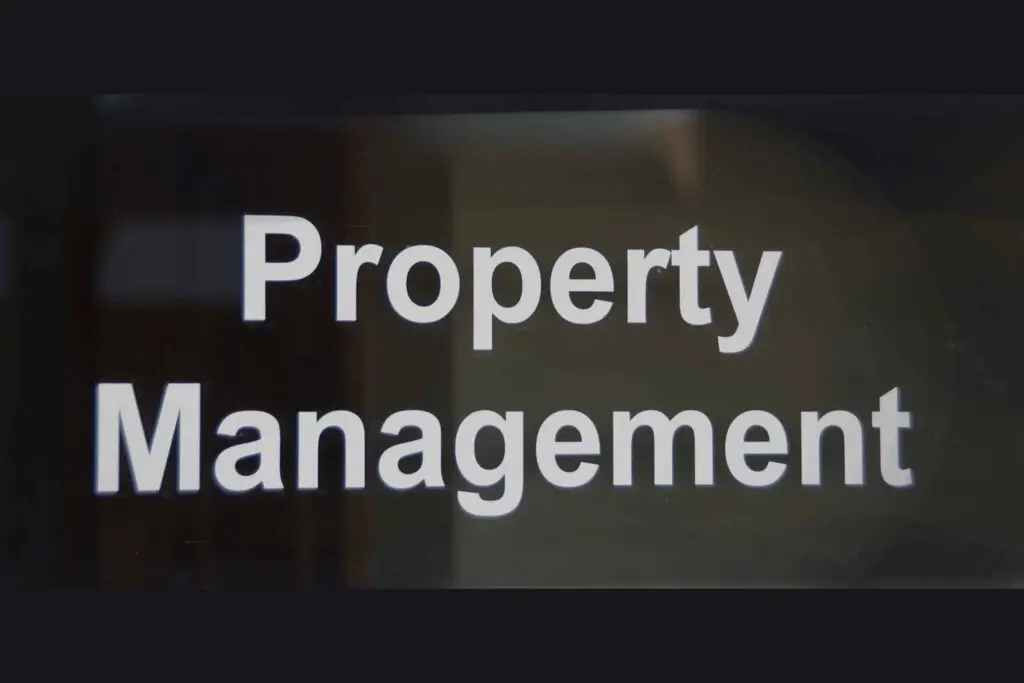Having a solid credit score is crucial for real estate investors. Whether you’re a pre-retiree looking to diversify your portfolio or an expatriate investing in residential properties, a good credit score can open many doors. It can help you obtain better loan terms, lower interest rates, and quicker approvals. Improving your credit score might seem challenging, but with the right strategies, it’s entirely achievable.
Many investors, including high net worth individuals and self-directed IRA holders, can benefit from enhancing their credit profiles. Doing so not only improves your borrowing capacity but also strengthens your financial position overall. Knowing where to start is half the battle. Simple steps like understanding your credit score and paying down high-interest debt can make a significant impact.

For retirement planners and real estate investment clubs, helping clients improve their credit can boost their investment opportunities. Similarly, real estate professionals and property managers will find that higher credit scores can facilitate smoother transactions and better client relationships. By focusing on practical, easy-to-implement strategies, you can make a meaningful difference in your credit profile, setting the stage for successful real estate investments in Texas.
Understand Your Credit Score

Knowing your credit score is the first step in improving it. Your credit score is a number that shows how well you manage money and repay debts. Lenders use this number to decide if they should loan you money. Pre-retirees and recent retirees should understand their credit score because it impacts their ability to invest in real estate. High net worth individuals and self-directed IRA holders also benefit from higher credit scores, which lead to better loan terms.
Credit scores usually range from 300 to 850. The higher your score, the better. A score above 700 is considered good, and over 750 is excellent. Your payment history, the amount you owe, the length of your credit history, new credit, and types of credit used all affect your score. Real estate professionals, entrepreneurs, and individual investors need to monitor these factors to keep their scores high.
Check your credit report regularly to know your score. You can get a free report from the three major credit bureaus, Experian, TransUnion, and Equifax, once a year. Look for errors and report anything that doesn’t look right. Fixing mistakes quickly can improve your credit score fast. Retirement planners and financial advisors should help their clients understand and manage their credit scores regularly.
Pay Down High-Interest Debt

Paying down high-interest debt is another great way to improve your credit score. High-interest debt can include credit cards, personal loans, or any debt with a high interest rate. High net worth individuals and small to medium real estate investment groups should identify and tackle these debts first.
Create a list of all your debts, starting with the one that has the highest interest rate. Focus on paying extra on this one while making minimum payments on the rest. When the highest interest debt is paid off, move on to the next one. This method is called the avalanche method. It can save you more money on interest in the long run.
If you find it hard to pay off high-interest debt, consider a balance transfer to a card with a lower interest rate. Some cards offer 0% interest for a limited time. This can help you pay down the debt faster. Keep paying off debt regularly to free up your finances for more real estate investments in Texas. Real estate investment clubs and expatriates should explore these strategies to keep their financial profiles healthy and ready for new opportunities.
Avoid New Credit Applications

Limiting new credit applications is essential for maintaining a good credit score. Each time you apply for new credit, it shows up as a hard inquiry on your credit report. Too many hard inquiries can lower your credit score and make lenders see you as a risk. Pre-retirees and recent retirees need to avoid multiple applications to keep their credit scores high for real estate investments.
If you must apply for credit, try to space out your applications. Applying for credit all at once can be a red flag for lenders. Even high net worth individuals and expatriates should be cautious about adding multiple new credit lines, especially before a major investment like real estate.
Also, consider whether you truly need the new credit. For many investors, using existing lines of credit more wisely can be more beneficial than opening new ones. Real estate investment clubs and small to medium real estate investment groups will find that focusing on existing resources rather than continuously seeking new credit can improve their overall financial health.
Monitor Your Credit Report Regularly

Regularly monitoring your credit report is crucial for maintaining a high credit score. Check your credit report from the three major bureaus: Equifax, Experian, and TransUnion. Pre-retirees and high net worth individuals should make this a habit to spot any errors or signs of identity theft early.
Look for discrepancies such as incorrect account balances, wrong personal information, or accounts you don’t recognize. Dispute any errors you find promptly. Working with a financial advisor can help here, ensuring that self-directed IRA holders and entrepreneurs keep their reports in top shape.
Monitoring your report also helps you track your progress. As you pay down high-interest debt and avoid new credit applications, you should see your score improve. Real estate professionals and retirement planners can assist clients in setting up alert systems to keep an eye on their credit scores automatically. This prevents surprises and keeps your investment plans on track.
Final Thoughts

Improving your credit score is vital for successful real estate investing. By understanding your credit score, paying down high-interest debt, avoiding new credit applications, and monitoring your credit report, you pave the way for better loan terms and more investment opportunities. These steps are beneficial for all investors, from retirees looking to diversify their portfolios to high net worth individuals and real estate professionals aiming for robust financial health.
Investors such as expatriates and small to medium real estate investment groups will also find these strategies helpful in maintaining a strong credit profile. Proper credit management leads to financial freedom and the ability to capitalize on prime real estate opportunities in Texas.
Ready to take your real estate investments to the next level? Contact Elysium Real Estate Investments for personalized advice and strategies to maximize your returns. Let us help you make informed decisions to achieve your financial goals. Start today by scheduling a free 20-minute phone consultation with an Elysium Real Estate Investment Advisor!
Disclaimer: The information provided in this article is for educational and informational purposes only and should not be construed as financial or legal advice. The strategies mentioned may not suit everyone, and credit improvement outcomes can vary based on individual circumstances. Before implementing any credit improvement strategies, we recommend consulting with a consumer, financial advisor or legal professional familiar with your situation. Elysium Real Estate Investments LLC does not guarantee any particular results or outcomes.
LEARN TO INVEST WITH US.
We accept queries from accredited domestic and foreign investors seeking single and small multifamily investment opportunities.









